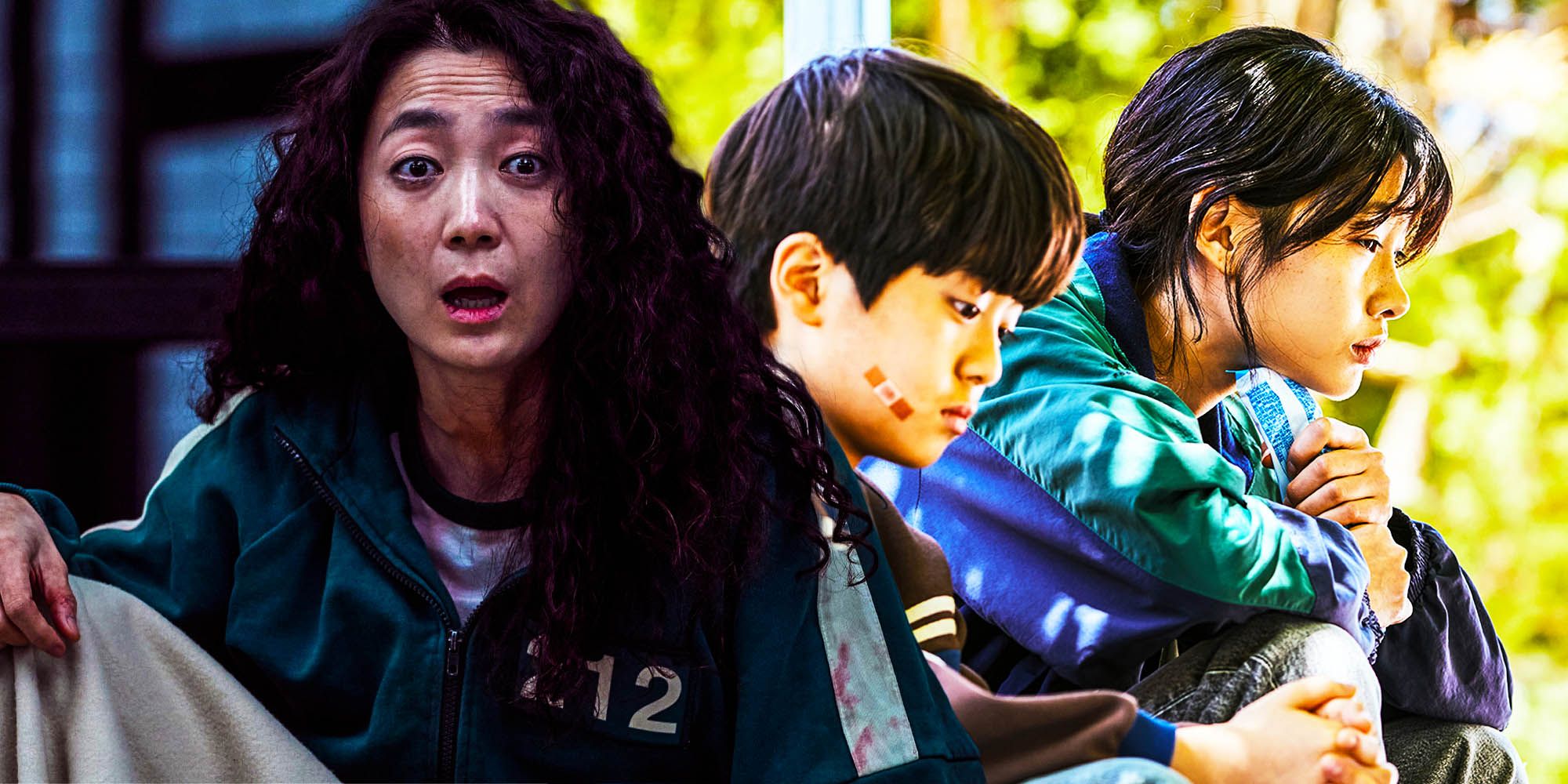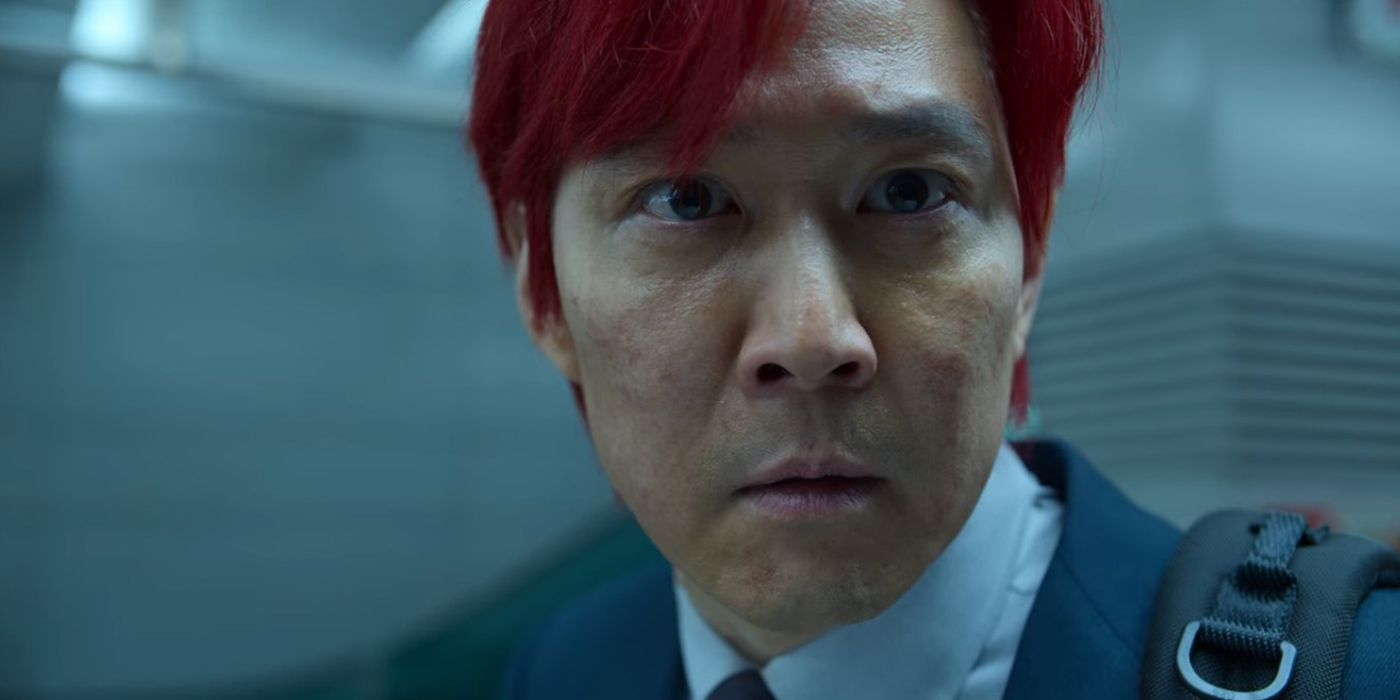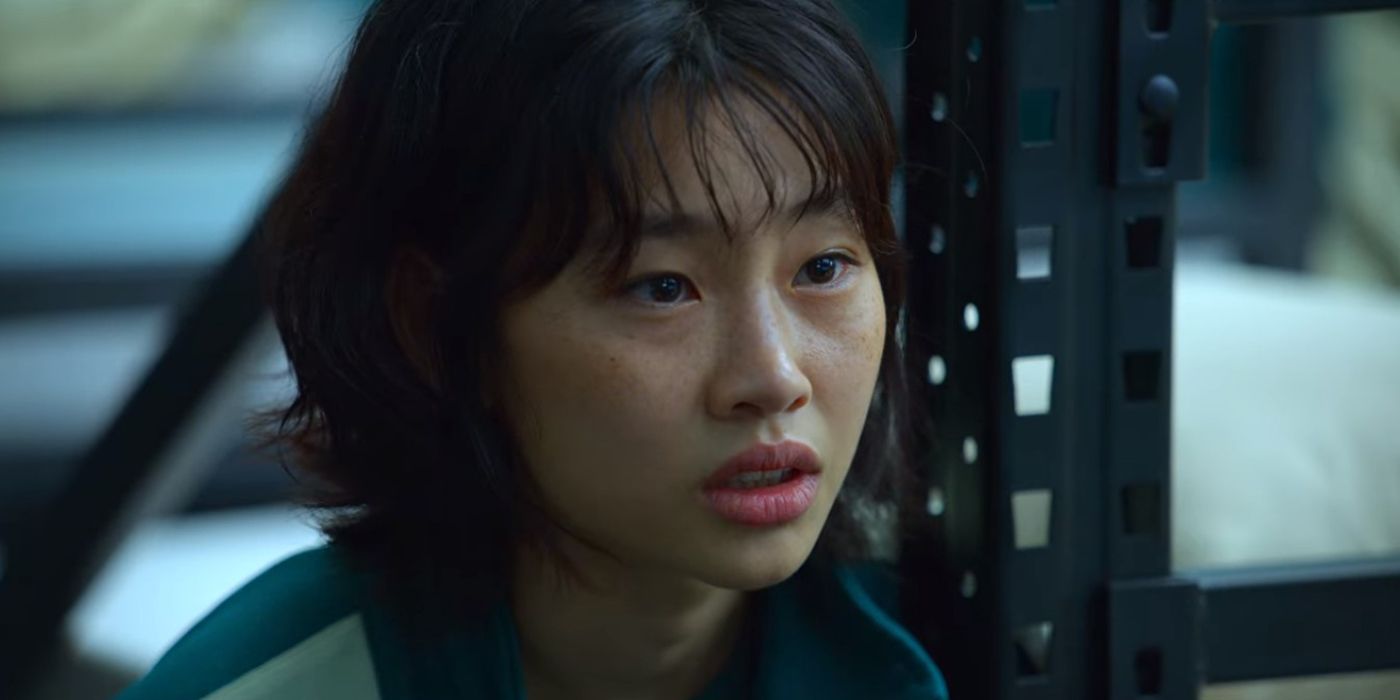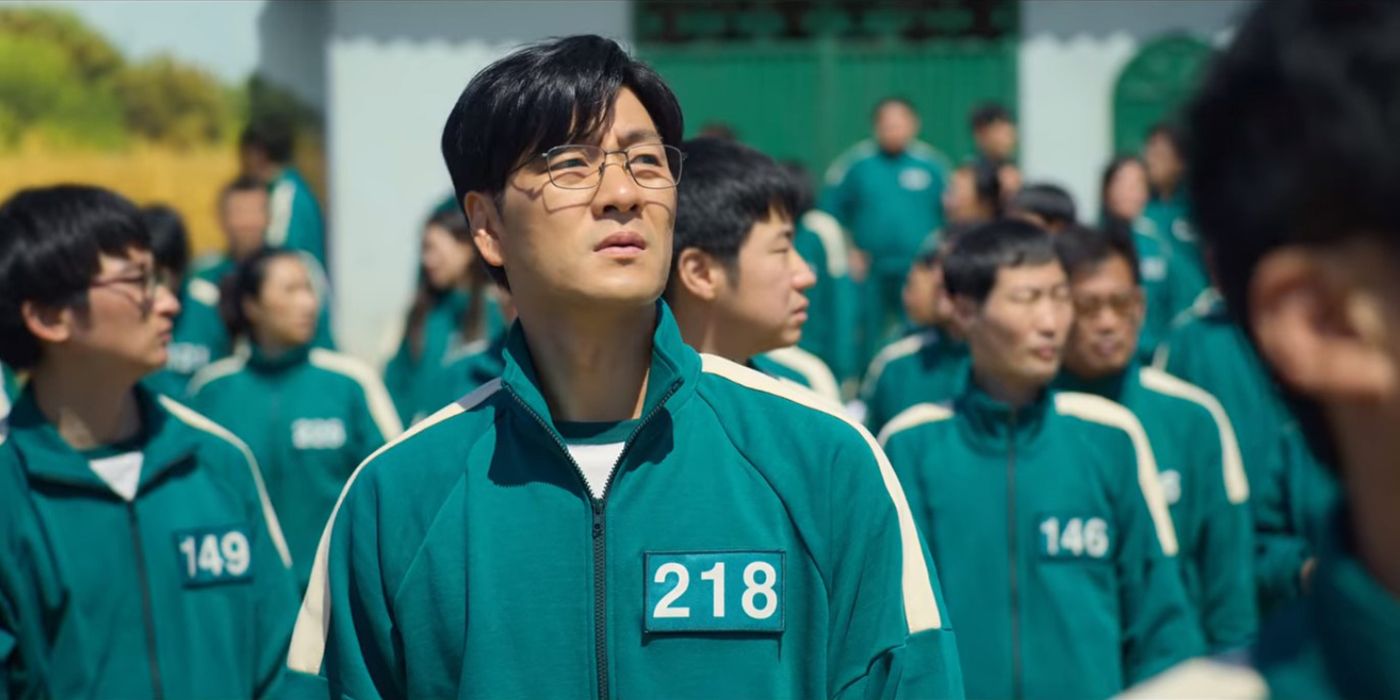
Squid Game’s Korean-speaking viewers have noticed that the show’s English version doesn’t always convey the full meaning of certain key elements in the survival drama series. This is a common problem in movies and series that have been translated into English and other languages for wider audiences. Squid Game is actually the first time for the world of K-drama to tackle the death games genre, and in very little time, it has risen to become Netflix’s most popular series. In fact, despite what’s been lost in translation, it hasn’t stopped fans for clamoring for Squid Game season 2.
That being said, a closer look at Squid Game’s translation mistakes highlights the true context behind some of the show’s most crucial moments and characterizations. These mistakes include not just the dialogue in Squid Game, but also certain terms, subtle elements, and even episode titles that simply aren’t accessible to non-Korean-speaking viewers. And by observing these mistakes, non-Korean audiences can get a much more complete view of the picture that Squid Game’s English translation team tried to paint for the rest of the world.
Squid Game’s global popularity shows that these translation mistakes matter very little to the show’s numbers and bottom line. However, they certainly matter to the show’s overall message and context, which includes understanding why Squid Game is such a pivotal Korean drama. What are these translation mistakes, how do they reveal the nuances of certain key moments in the show, and how can understanding them bridge the cultural differences between the show’s Korean and non-Korean viewers?

While the etymology of the Korean word gganbu is complicated, its contemporary meaning refers to exemplary friendship, trust, and shared ownership. During Squid Game’s round of marbles, old man Oh Il-nam provides a simple definition after calling Seong Gi-hun his gganbu. In the English version, Il-nam explains that being each other’s gganbu means that he and Gi-hun share everything. However, what Il-nam actually said was, “there is no ownership between me and you.” While this may seem like a small difference, the original dialog more firmly establishes not just the true meaning of gganbu, but also why Il-nam let Gi-hun win the game by letting him have all the marbles, which is the whole point of the episode. Moreover, Il-nam’s original definition of gganbu also alludes to how the old man could be Gi-hun’s actual father, a subtle clue that was missed entirely by non-Korean-speaking viewers.

“One Lucky Day” isn’t just the title of Squid Game’s final episode. It’s also the title of a popular Korean novel by Hyun Jin-geon. In the 1924 novel, the protagonist works all day in order to feed his sick wife – only to come home to find that his wife is dead. The same thing happens to Gi-hun, who, after struggling to win Squid Game for himself and his family, comes home to find that his mother who was sick has died, and that he is too late to save her. This parallelism in the ending of Squid Game was foreshadowed by the episode’s title, a clue that’s only accessible to those familiar with Hyun Jin-geon’s novel from 1924.

Throughout the death games, Gi-hun treats and speaks to Il-nam with the politeness and formality that’s commonly given to elders and authority figures in Korea. This underscores the fatherly relationship between the two, and how Gi-hun, unlike the other players in Squid Game, shows Il-nam the utmost respect, despite the competitive nature of the death games. However, Gi-hun makes a complete turnaround in the final episode, in which Il-nam reveals that he is not only the billionaire founder of Squid Game, but that he also joined the games just for fun. After Squid Game’s old man twist, Gi-hun ditches the proper honorifics as a way to fully convey his contempt and disrespect for Il-nam’s actions and twisted sense of morality. Apart from the actual dialogue, this can also be observed in the way Gi-hun handed Il-nam a glass of water with just one hand. These changes in the way that Gi-hun treats and speaks with Il-nam underlie just how much their dynamic has changed in the Squid Game finale.

The way North Korean defector Kang Sae-byeok switches accents when speaking to different characters is impossible to catch for English-only audiences. During the first scene in which Sae-byeok speaks to her little brother Kang Cheol, she begins by speaking in the standard dialect used in Seoul. However, when Cheol gets distressed, she switches to a North Korean accent to help calm him down. Moreover, as Squid Game Player 067, Sae-byeok only speaks to other players in a South Korean accent, which she does in order to avoid the cruel comments and discrimination that Northerners often face in Seoul.

While the feisty Han Mi-nyeo has become a fan favorite, Squid Game reveals very little about the character’s background, at least in the English version, as the original Korean dialogue reveals more. This can be observed in the scene before the round of marbles, in which Mi-nyeo tries to convince other players to pair up with her for the next game. Mi-nyeo says that although she’s not a genius, she “can still work things out.” However, what Mi-nyeo actually said was, “I am very smart; I just never got a chance to study.” This is a key difference in the characterization of Squid Game Player 212 in the original Korean dialogue, as this reveals how Mi-nyeo came from poverty, which explains the character’s tenacity. Moreover, the fact that Mi-nyeo is smart and resourceful – but never got the chance to study – underscores just how deeply Squid Game explores the topic of wealth inequality under modern Korean capitalism. In relation to this, the foul-mouthed Mi-nyeo’s original Korean dialogue is often sanitized in the English version, which further obscures the character’s motives and background.

While some missed details are small, they nonetheless help in providing more context to certain scenarios. This includes how burning briquettes are found next to Cho Sang-woo when he sits in a tub during an early episode. Charcoal briquettes are not only a sign of poverty in Korea, their fumes are also a common way for Koreans to take their own life, which means that the burning briquettes actually foreshadow the Squid Game player’s death, as Sang-woo kills himself in the end. Moreover, when Sang-woo explains to Gi-hun that he lost his money in stock “futures,” Gi-hun confuses the word “futures” with “gift,” as the two words have the same pronunciation in Korean. This gives Gi-hun the impression that Sang-woo lost his money because he gave expensive gifts to a woman in his past.
Another example is how the pastor Kim Si-hyun speaks like an American rather than a Korean pastor in the English version, which reveals how some of the voice actors and translators might not be familiar with certain cultural nuances. This is certainly the case for non-Korean-speaking audiences, who also missed the hidden meanings behind certain character names, such as how Sae-byeok translates to “dawn,” and how Il-nam translates to “first man.” The latter not only alludes to how Il-nam is Squid Game’s founder, but also to the theory about Il-nam being Gi-hun’s dad.
from ScreenRant - Feed https://ift.tt/3phjGmk
via IFTTT
No comments:
Post a Comment